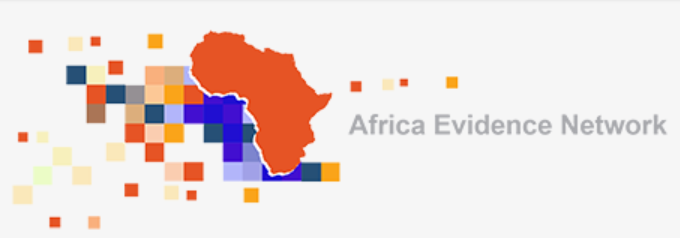
African scientists are daily producing new knowledge and insights into how to support socio-economic development across the continent. Often, however, this research and its findings is only read and accessed by fellow scientists with public officials and the general public not being able to reap the benefit of scientific advancements. To bridge this disconnect, the University of Johannesburg has set up a new research centre to conduct high-quality research on the practice of evidence-informed decision-making in Africa: the Africa Centre for Evidence (ACE). ACE’s vision is to reduce poverty and inequality in Africa by increasing the production and application of research evidence that is both useful and used. The Centre consists of an international multi-disciplinary team of eleven researchers with a track record for high quality collaborative work with strong partnerships with governments, universities, and NGOs.
ACE’s key activities include the production of high quality, policy-relevant research, including systematic reviews, evidence maps, and other evidence syntheses, as well as ensuring that these research designs and methods are fully responsive to the contexts and needs of research producers and users in Africa. In 2017, our systematic review and evidence map programme is running three different projects:
(1) An EPPI-Centre Systematic Review on the effects of interventions supporting women’s participation in the labour market in LMICs .This systematic review will be produced in-house by ACE researchers and presents a public good systematic review. While we are involving users in the review design through an advisory group, the main objective of the review is to provide a rigorous synthesis of the available research evidence, which will then be made available to public sector decision-makers and the general public. The review therefore is closer to a more supply-driven understanding of evidence use in which the researchers produce a high quality scientific output that is then disseminated to the general public.
(2) A co-production approach to produce policy-relevant evidence syntheses on the use of eco-system services to reduce poverty in Sub-Saharan Africa. This project combines a range of evidence synthesis and user engagement methods to support the policy-relevance and use of the project outputs. In a first step, we will be producing an evidence map that organises relevant research evidence on eco-system services against the policy priorities and decision-making needs of African environmental policy-makers. Following the presentation of the evidence map to these policy-makers, they will decide which areas of the evidence-base should be synthesised in order support their decision-making and policy design. ACE researchers will then venture into a co-production approach with selected African environmental policy-makers to produce four rapid evidence assessments on the synthesis questions identified by the policy audience. The project therefore blends supply- and demand-side mechanisms to support evidence use with an active collaboration between researchers and decision-makers in the research process.
(3) An evidence map of research on the concept of the Capable and Developmental State led by the South African Department of Planning, Monitoring and Evaluation (DPME). This evidence synthesis is conceptualised and designed by public sector officials in South Africa and has been commissioned to a consortium of researchers including ACE staff. It presents a demand-led approach to evidence synthesis driven by decision-making needs within government. ACE’s role is to advice on the use of evidence mapping methodology while public and private sectors researchers lead on the overall research approach and policy area.
We hope that by the end of the year our team will be able to reflect on these different approaches to evidence synthesis and to understand what worked (and didn’t, and why and how) to support the use of the produced research. Already, we have learned the need to plan different types of syntheses according to the desired nature of the research use. All three projects differ in terms of time frame, the weight attributed to engagement and research tasks, the composition of the research team and skill set, the targeted audience, and synthesis methods used. There is certainly not a single path to support the use of systematic reviews and evidence synthesis in Africa. We are looking forward to a year full of learning and reflection on producing systematic reviews and evidence synthesis that are both useful and used.
And if you want to know more about systematic reviews, evidence maps, or evidence synthesis in general, ACE is maintaining a diary of a systematic review page and the Africa Evidence Network is hosting a range of training recourses.